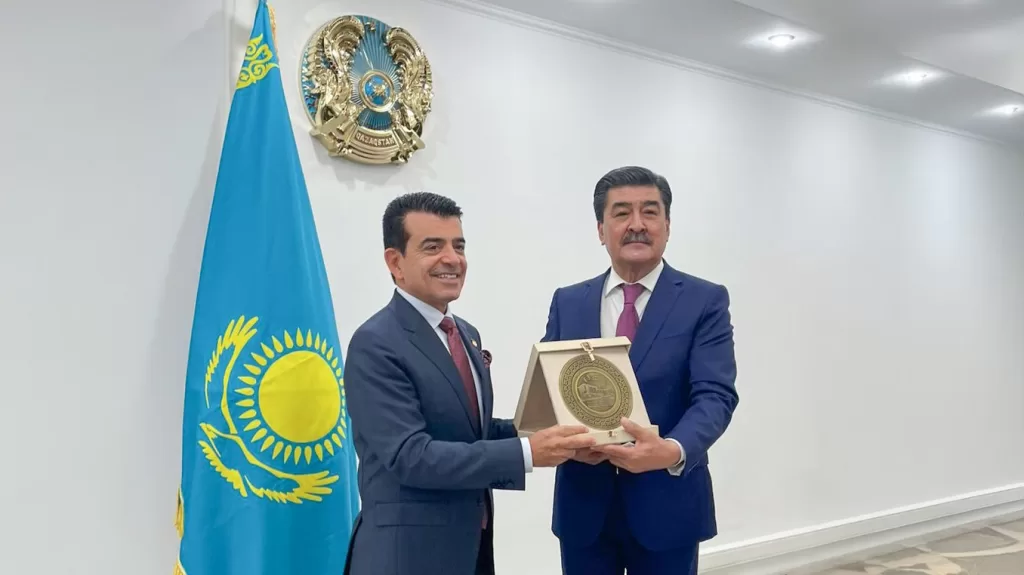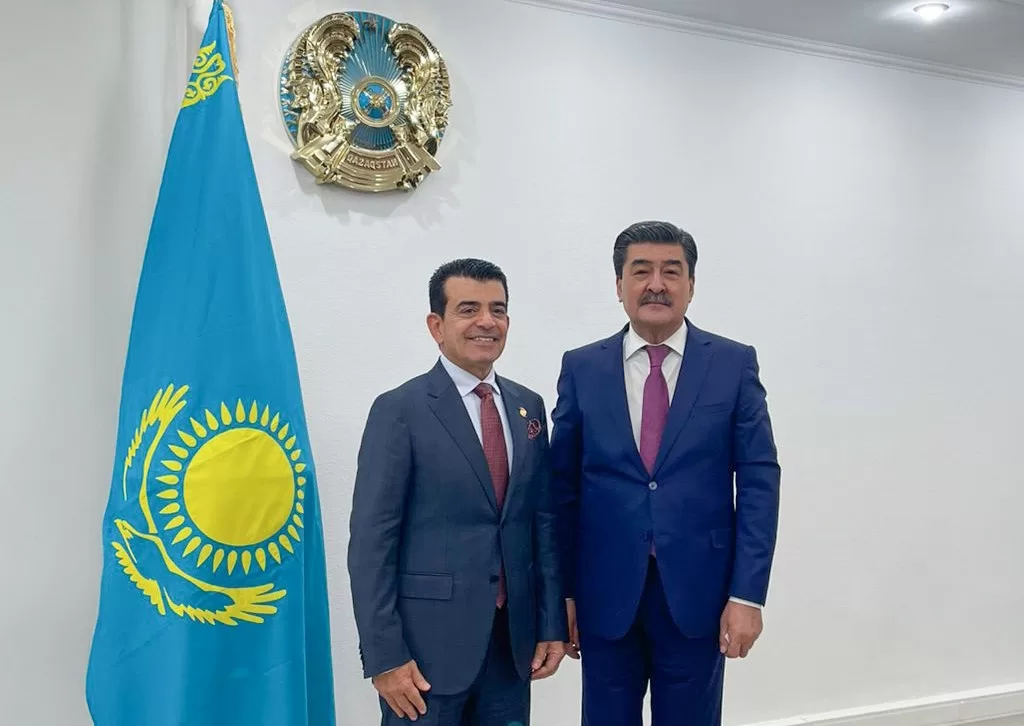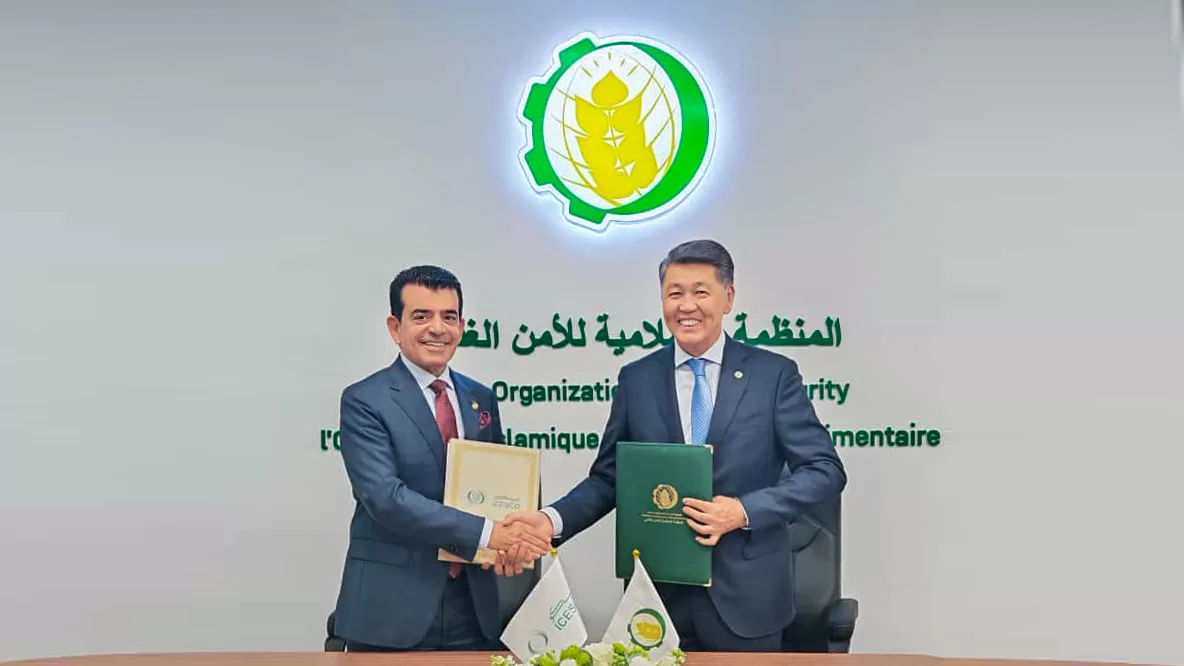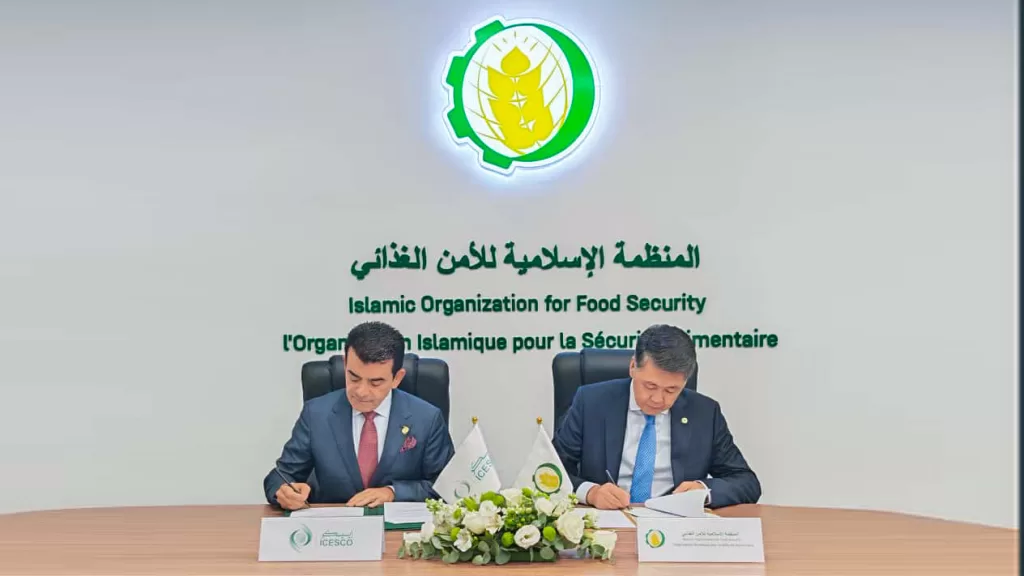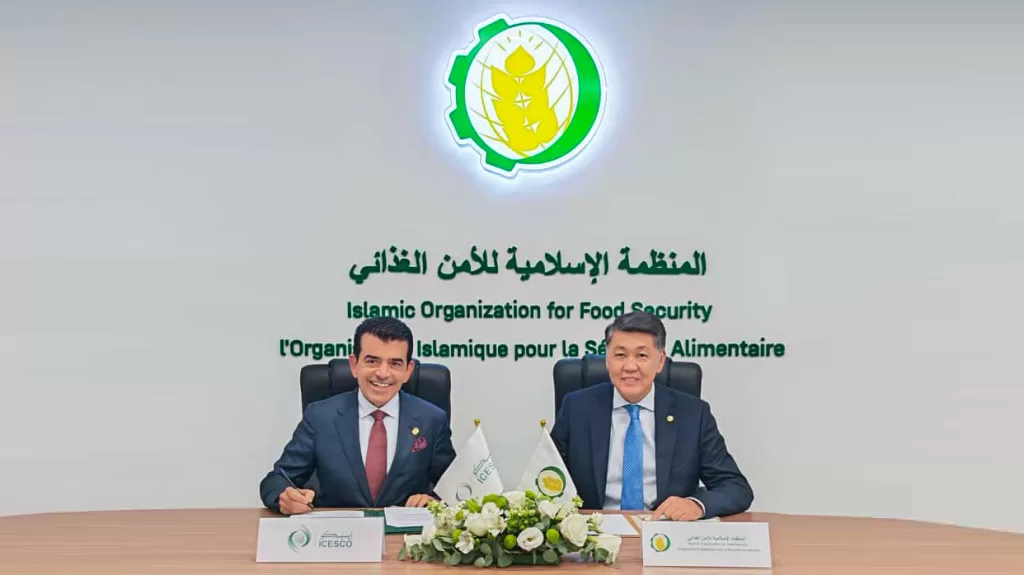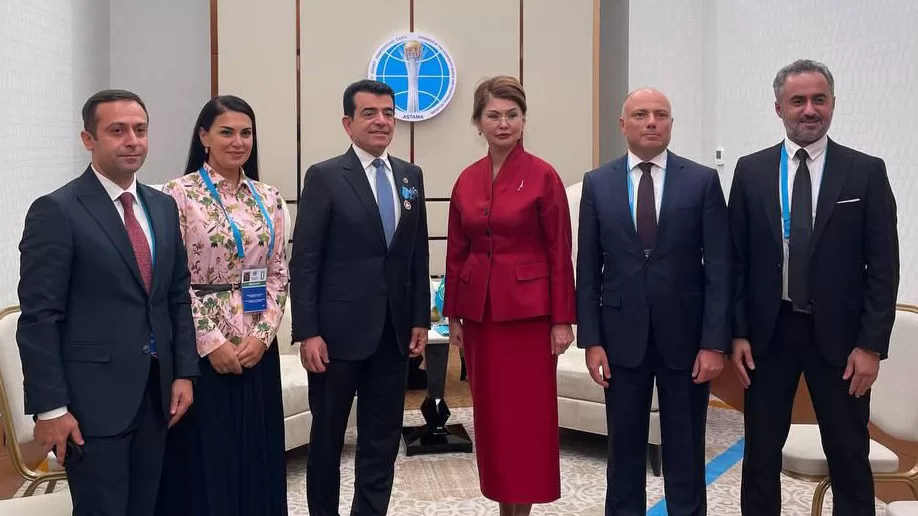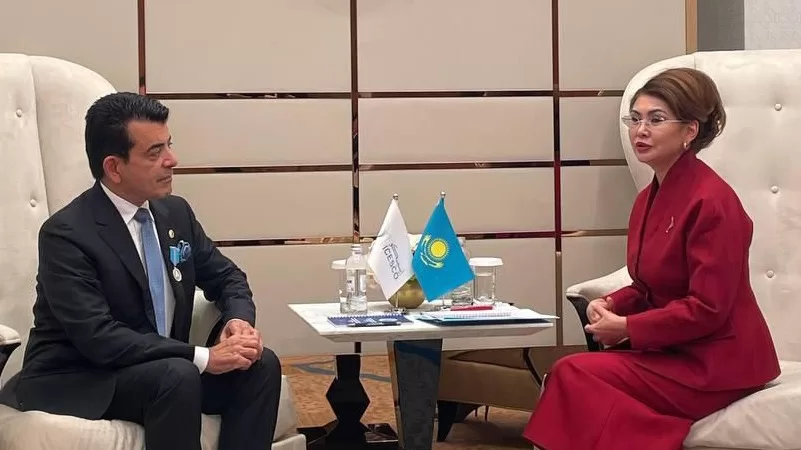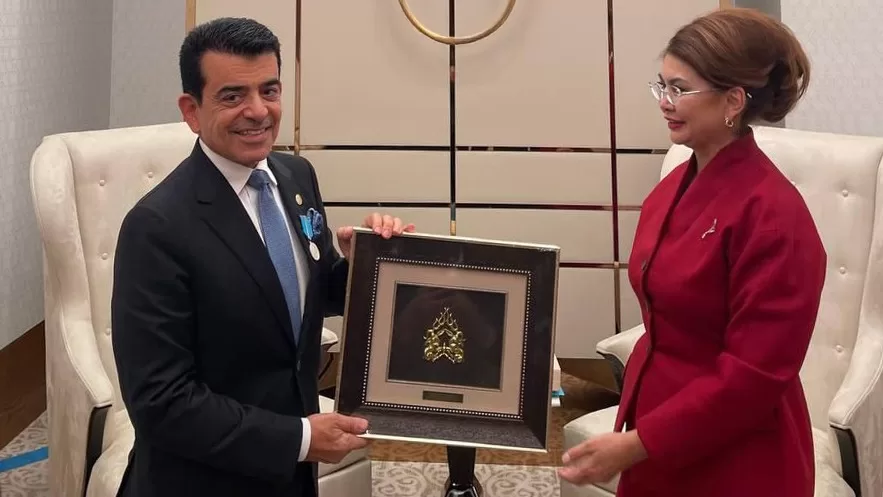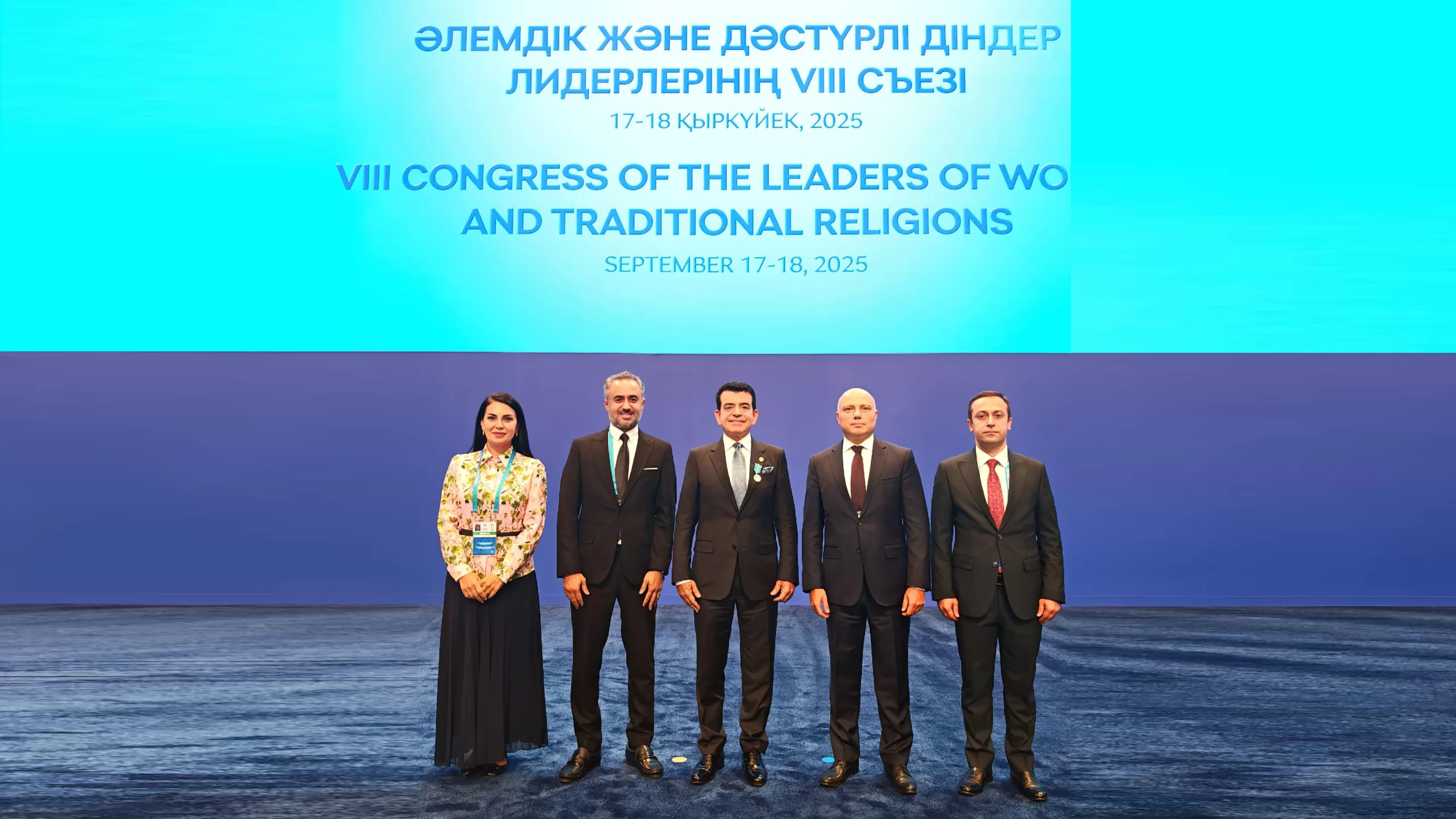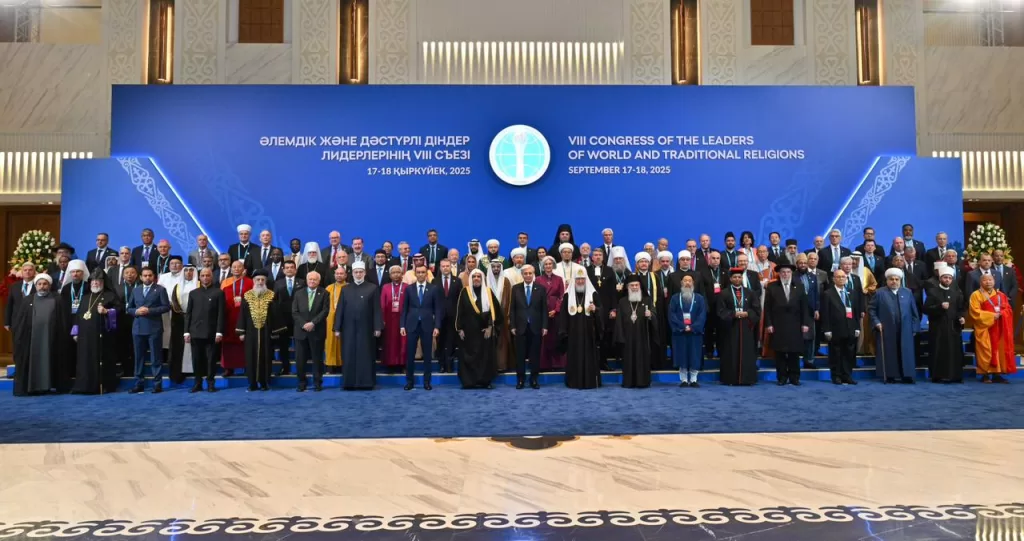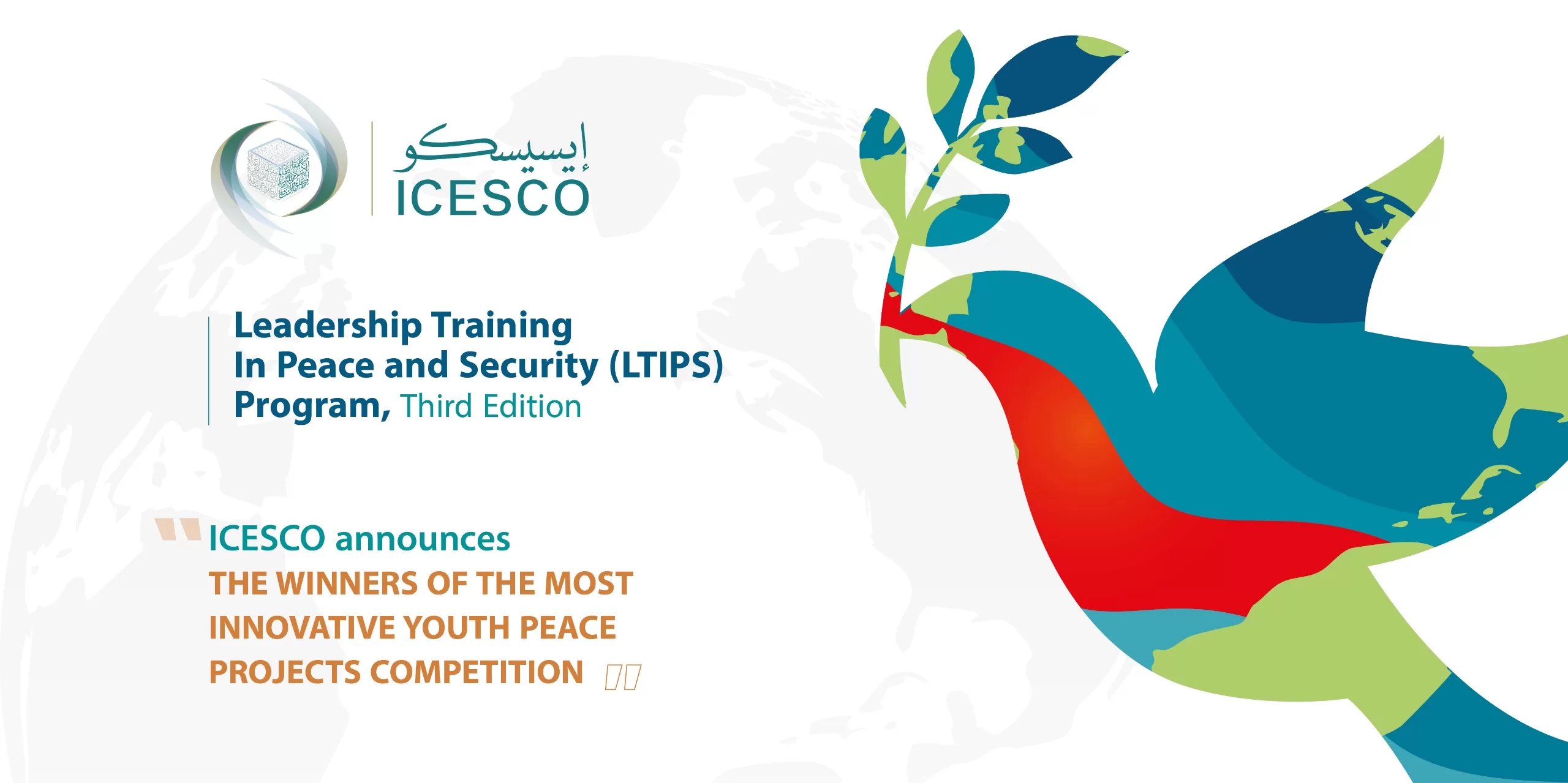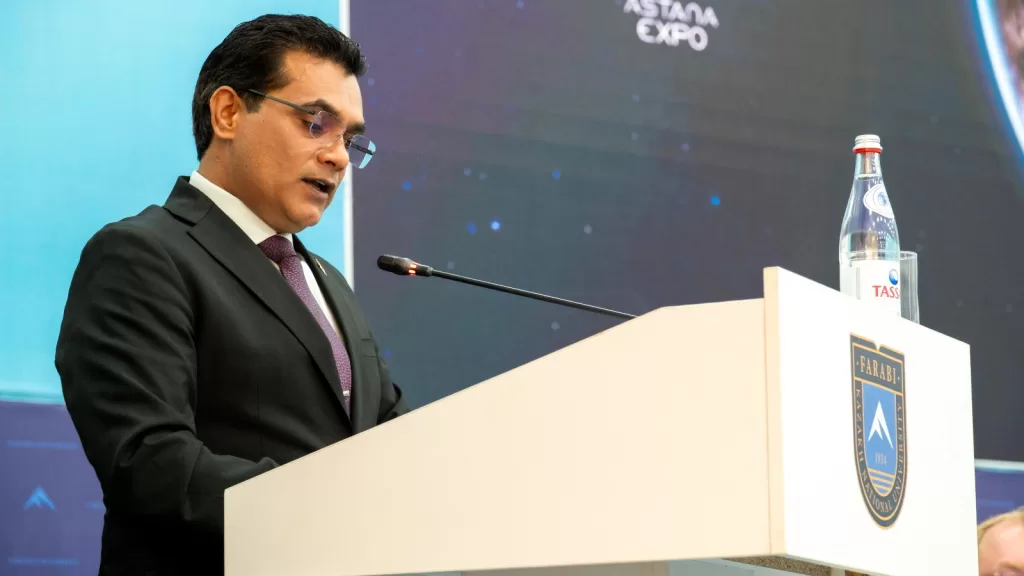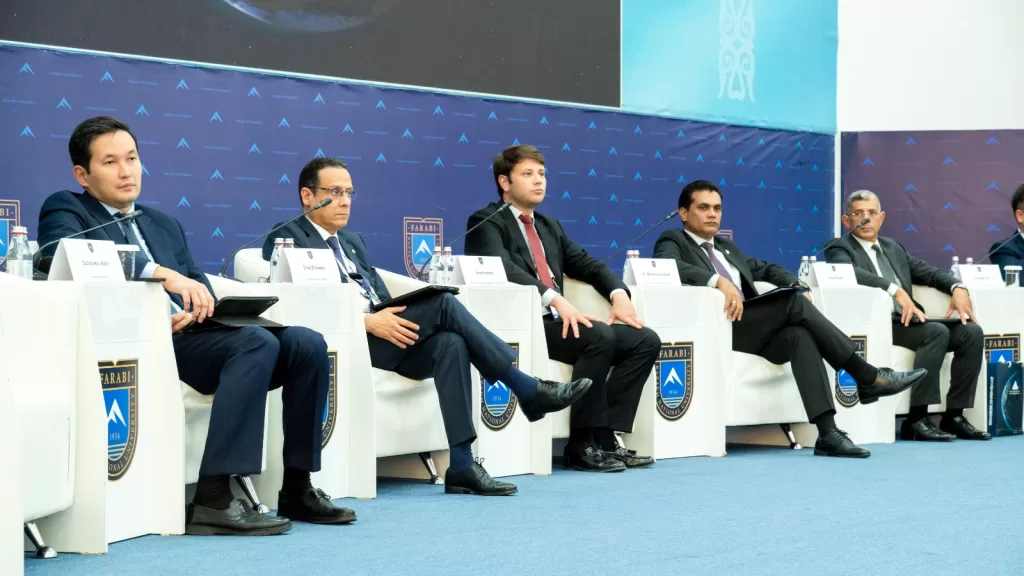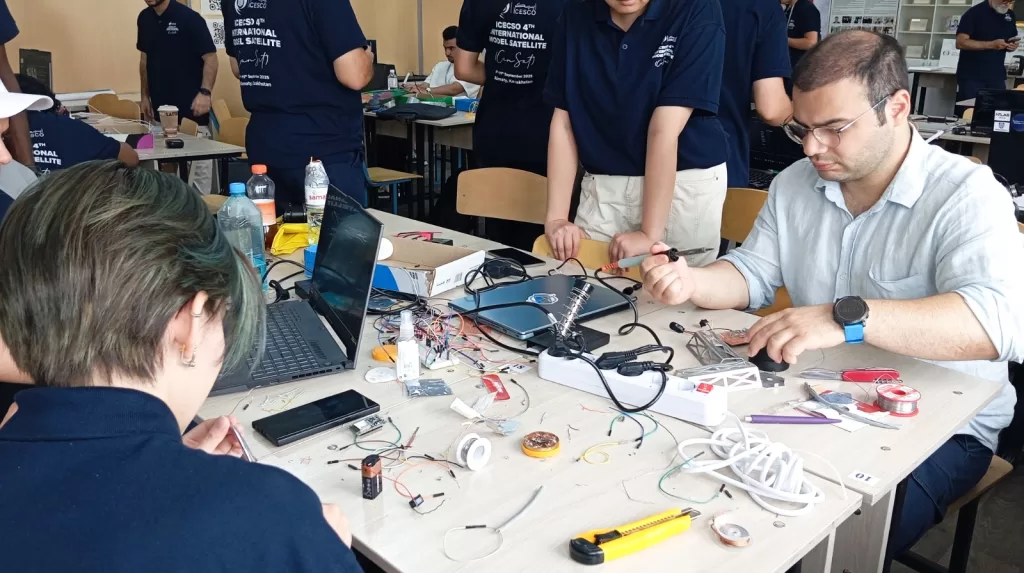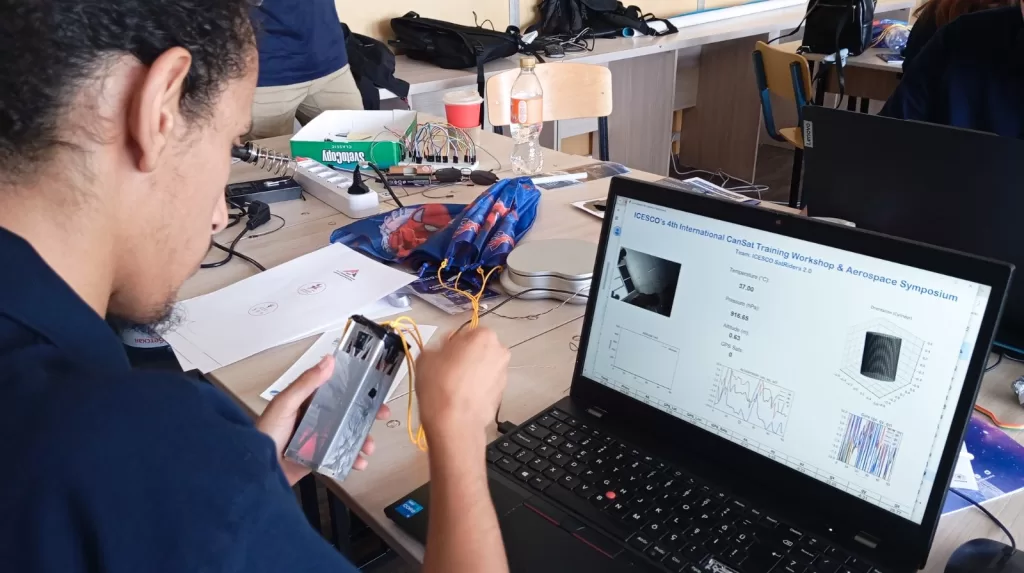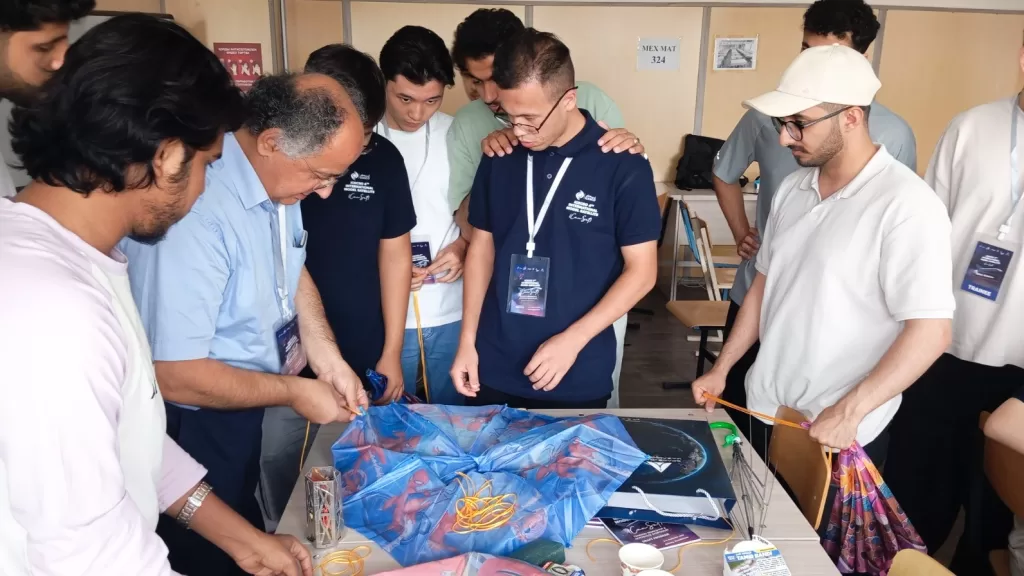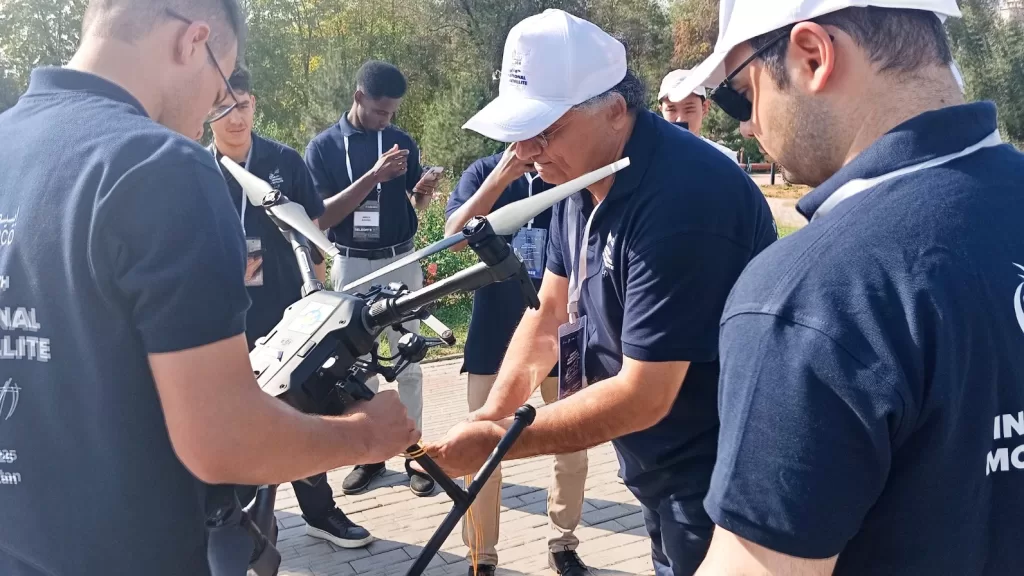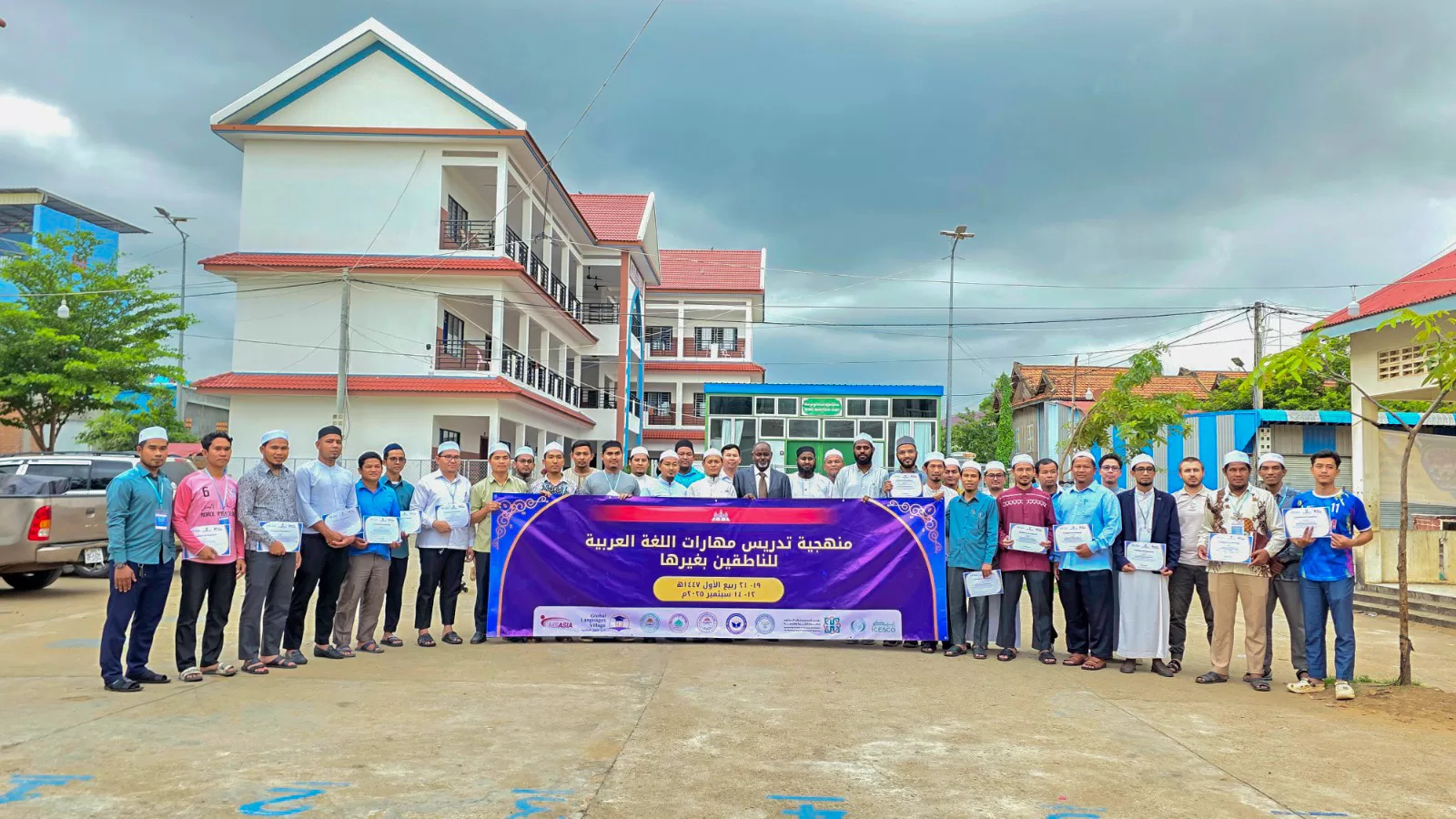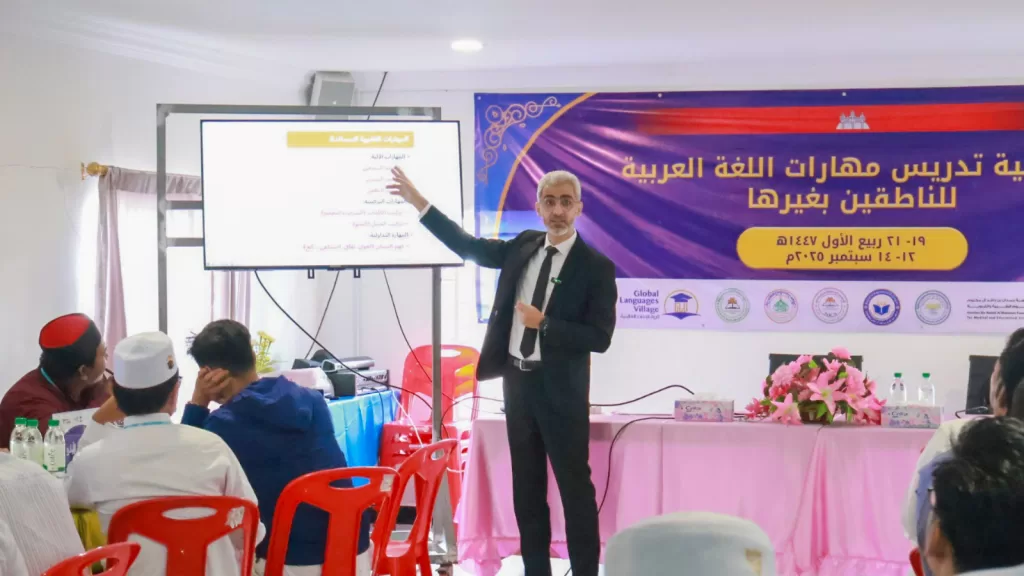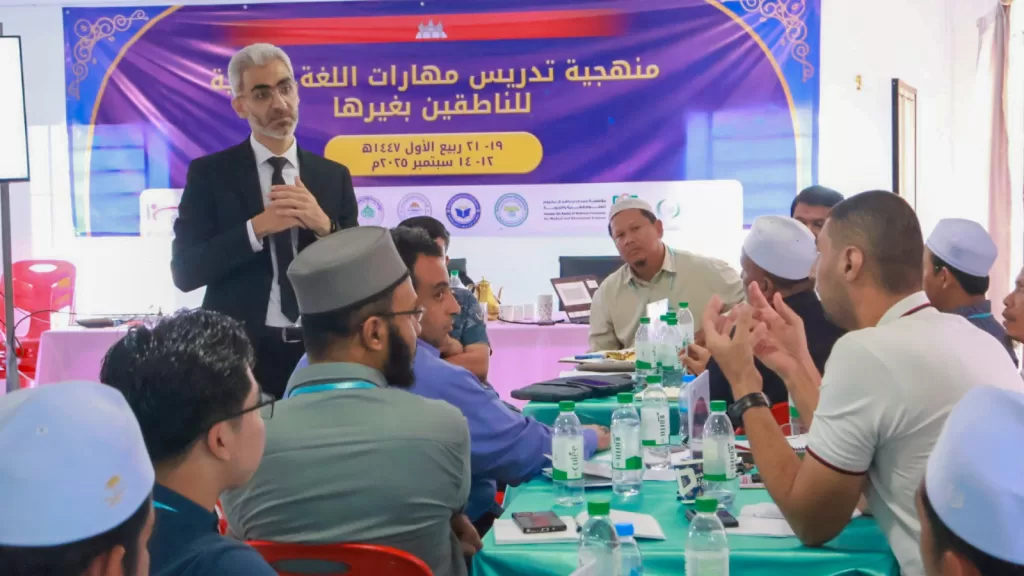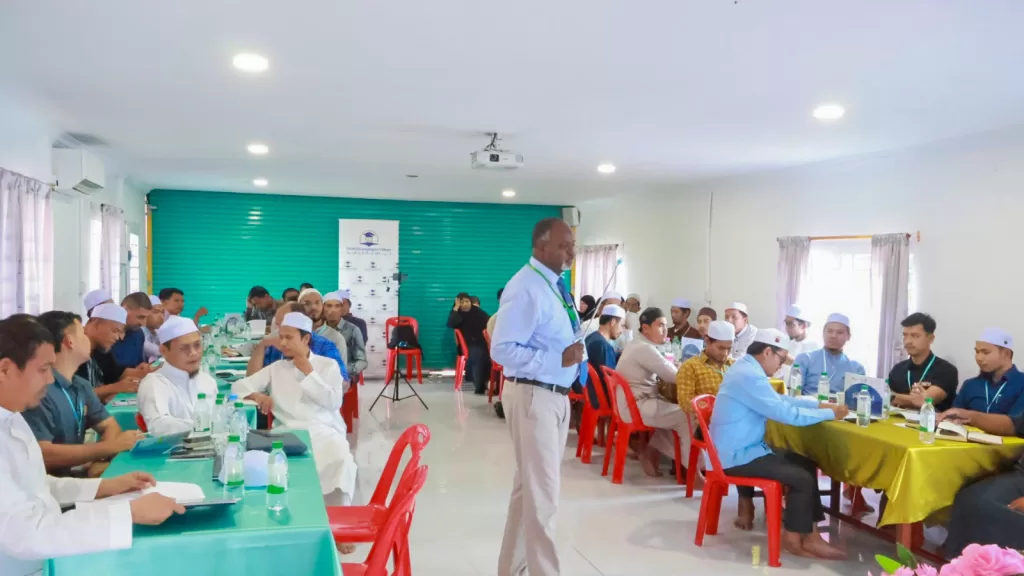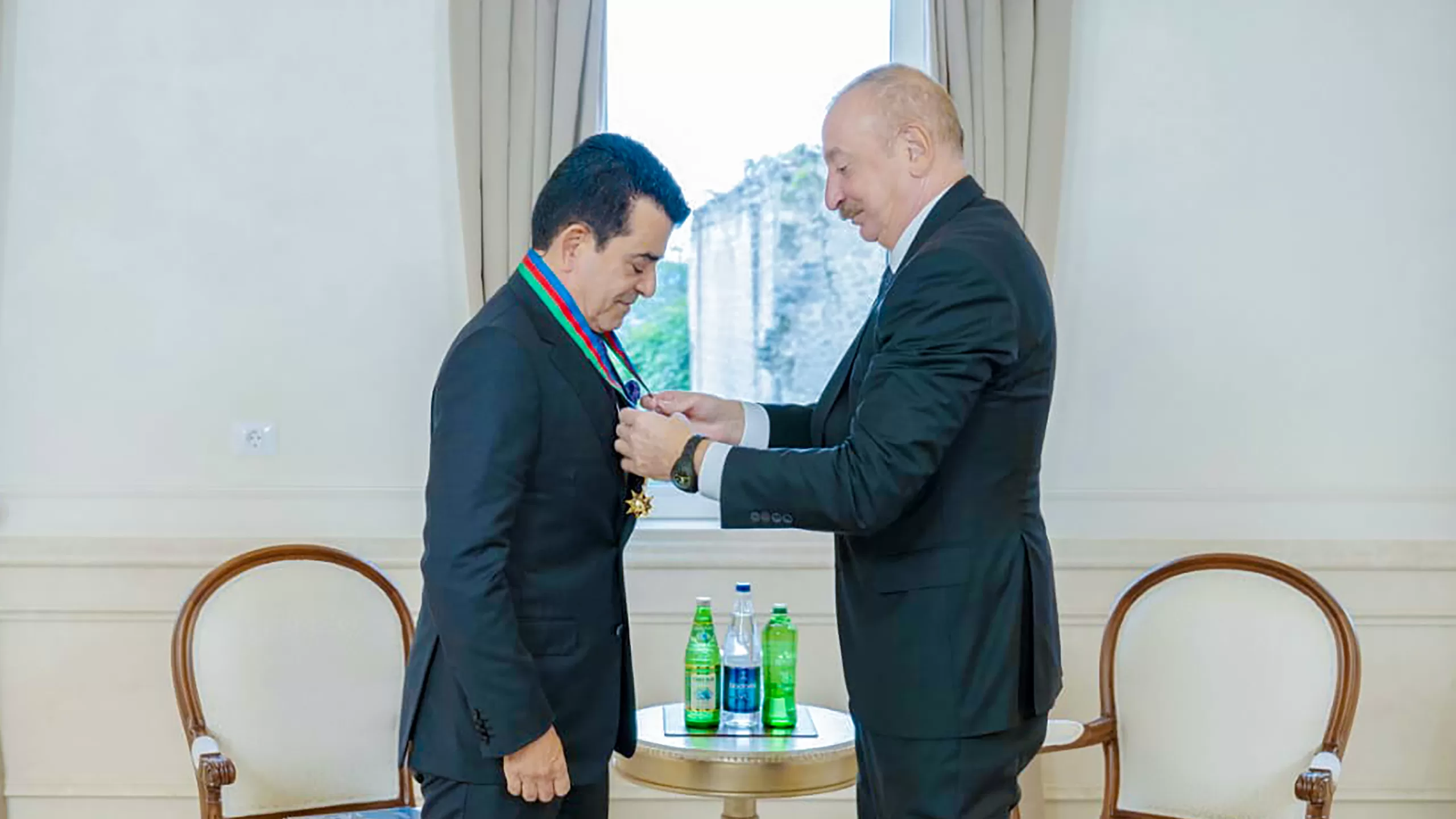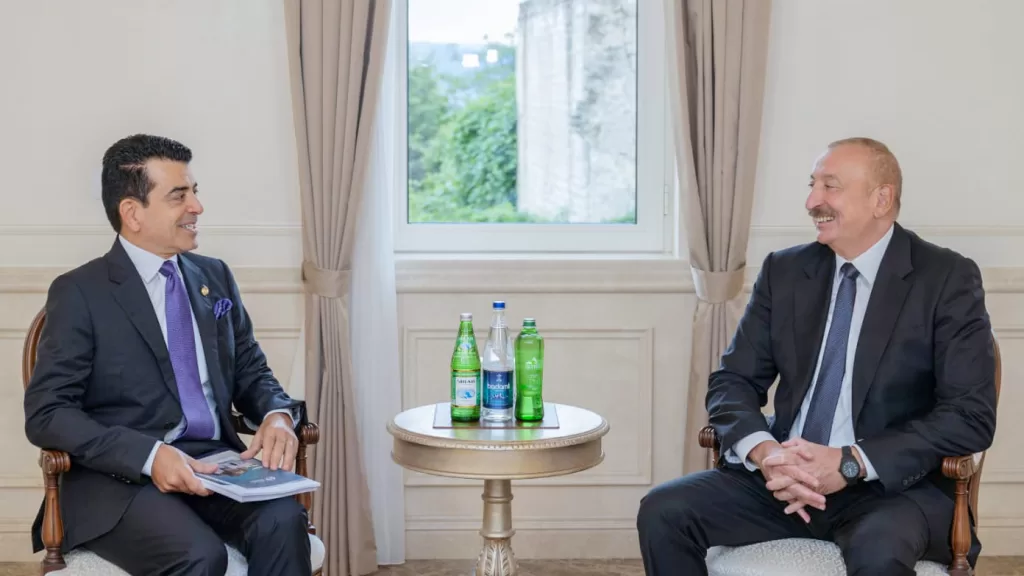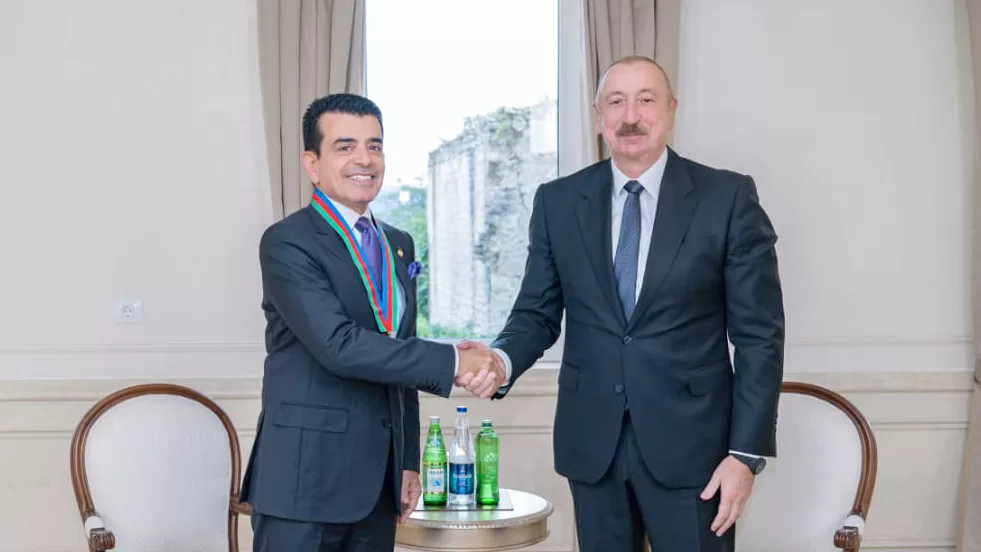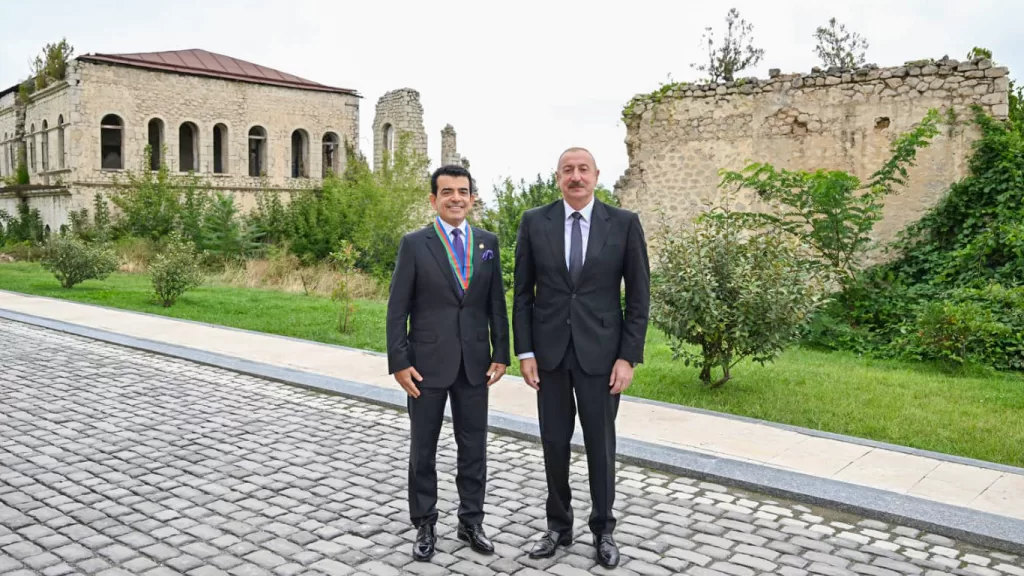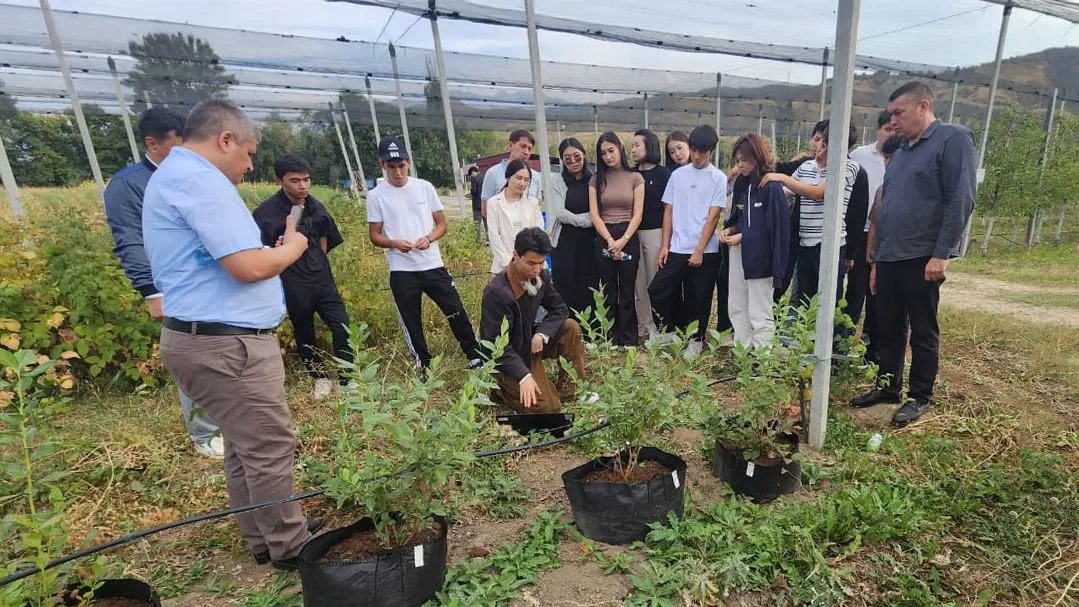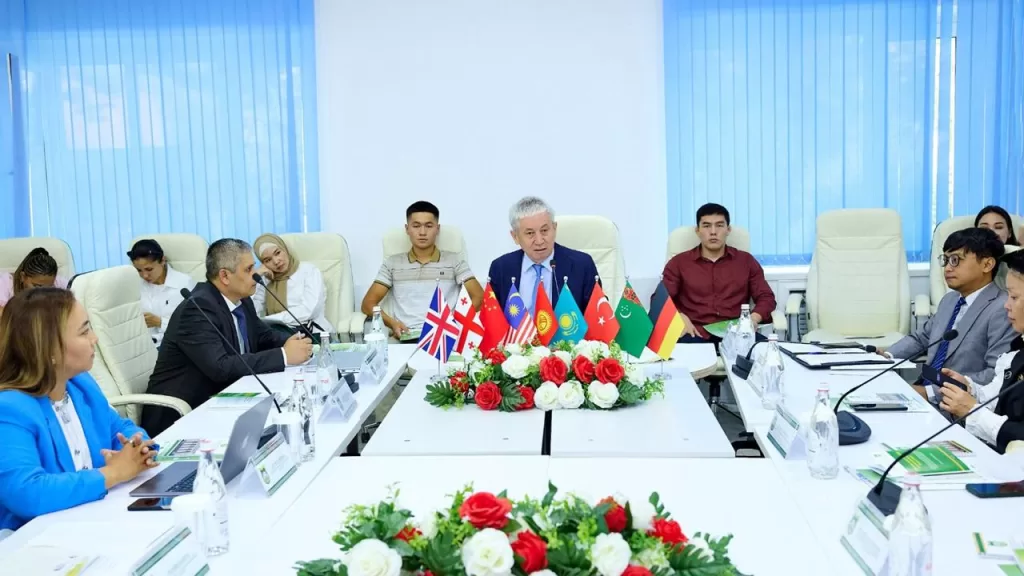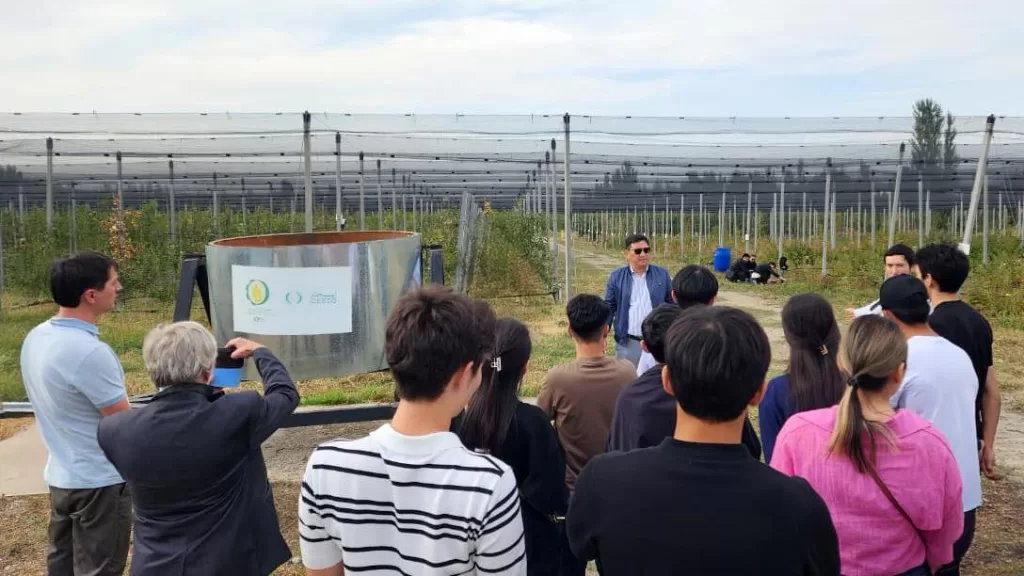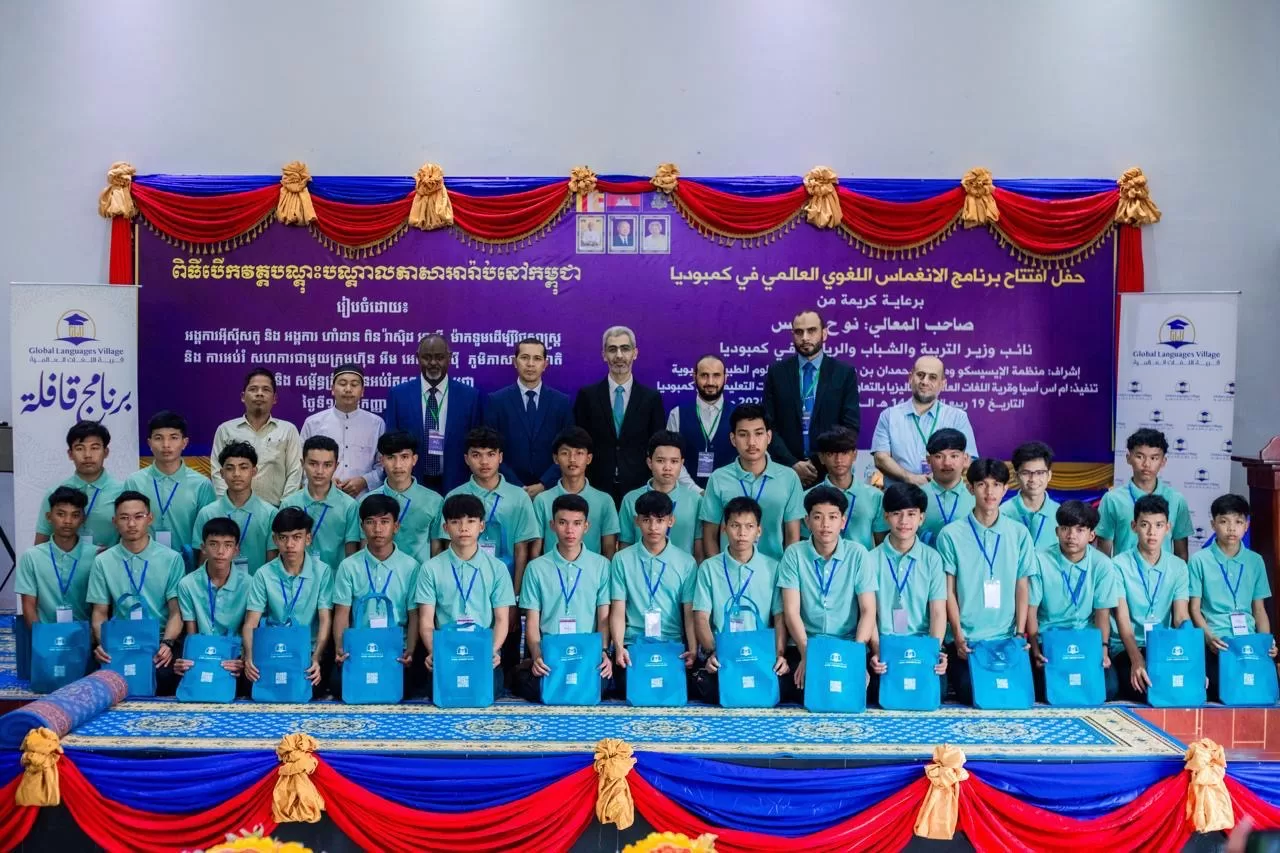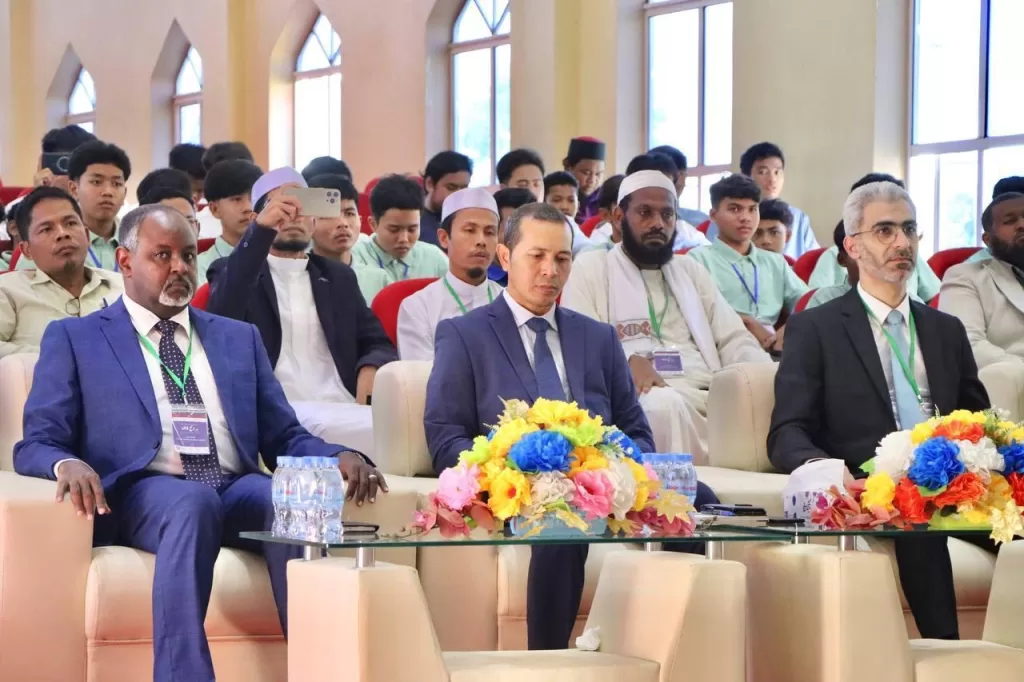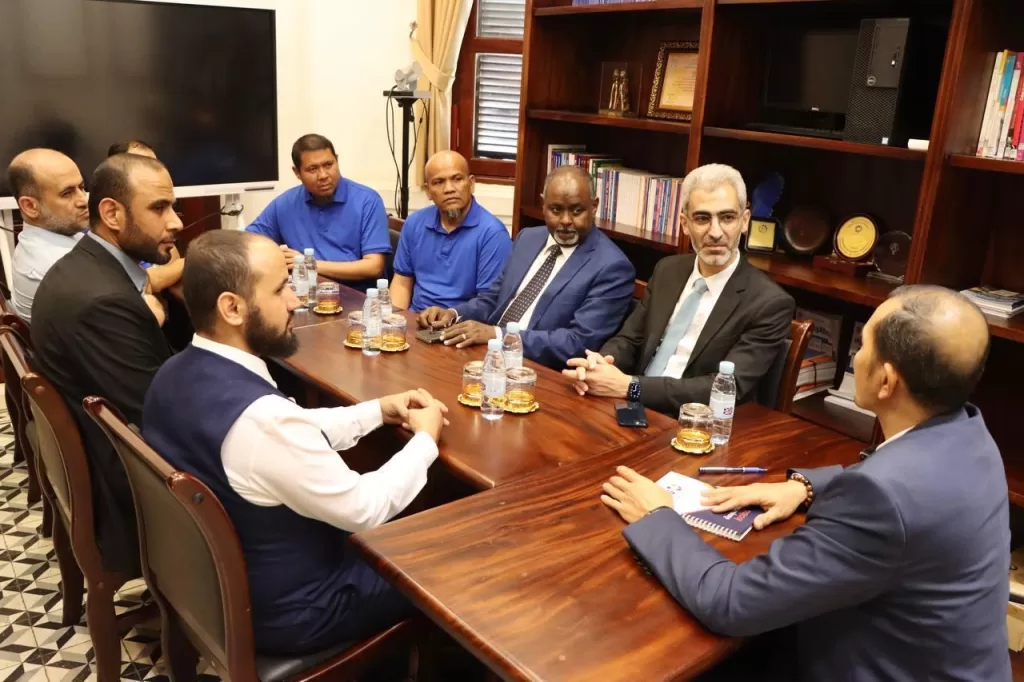Dr. Salim AlMalik, Director-General of the Islamic World Educational, Scientific and Cultural Organization (ICESCO), met Mr. Yerlan Nyssanbayev, Kazakhstan’s Minister of Ecology and Natural Resources, to discuss cooperation between ICESCO and Kazakhstan in the environmental and sustainable development fields.
During the meeting, Dr. AlMalik presented the programs and initiatives implemented by ICESCO in Islamic countries, as well as its pioneering projects in its areas of expertise.
In turn, Mr. Nyssanbayev presented his country’s efforts and projects to protect the environment, including desert greening, increasing forest cover through extensive tree planting, and conserving water resources by adopting modern methods to reduce water waste.
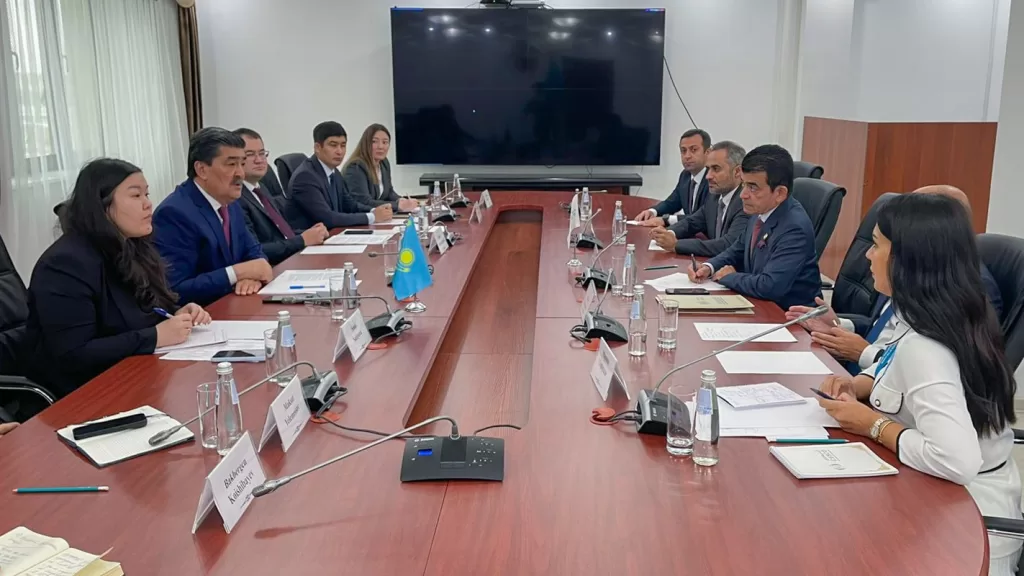
Mr. Nyssanbayev also referred to Kazakhstan’s efforts in terms of climate protection, reducing carbon emissions, and the sustainable exploitation of natural resources. He expressed his country’s desire to host the tenth session of the Conference of Environment Ministers in the Islamic World.
For his part, Dr. AlMalik expressed his thanks and appreciation to the Republic of Kazakhstan, stressing ICESCO’s readiness to cooperate in sharing Kazakhstan’s expertise and successful experience with Member States in greatest need of it.
In attendance were Mr. Anar Karimov, Head of ICESCO’s Partnerships and International Cooperation Sector, and Mr. Abdulhakim AlSenan, Director of ICESCO’s Regional Office in Baku.
